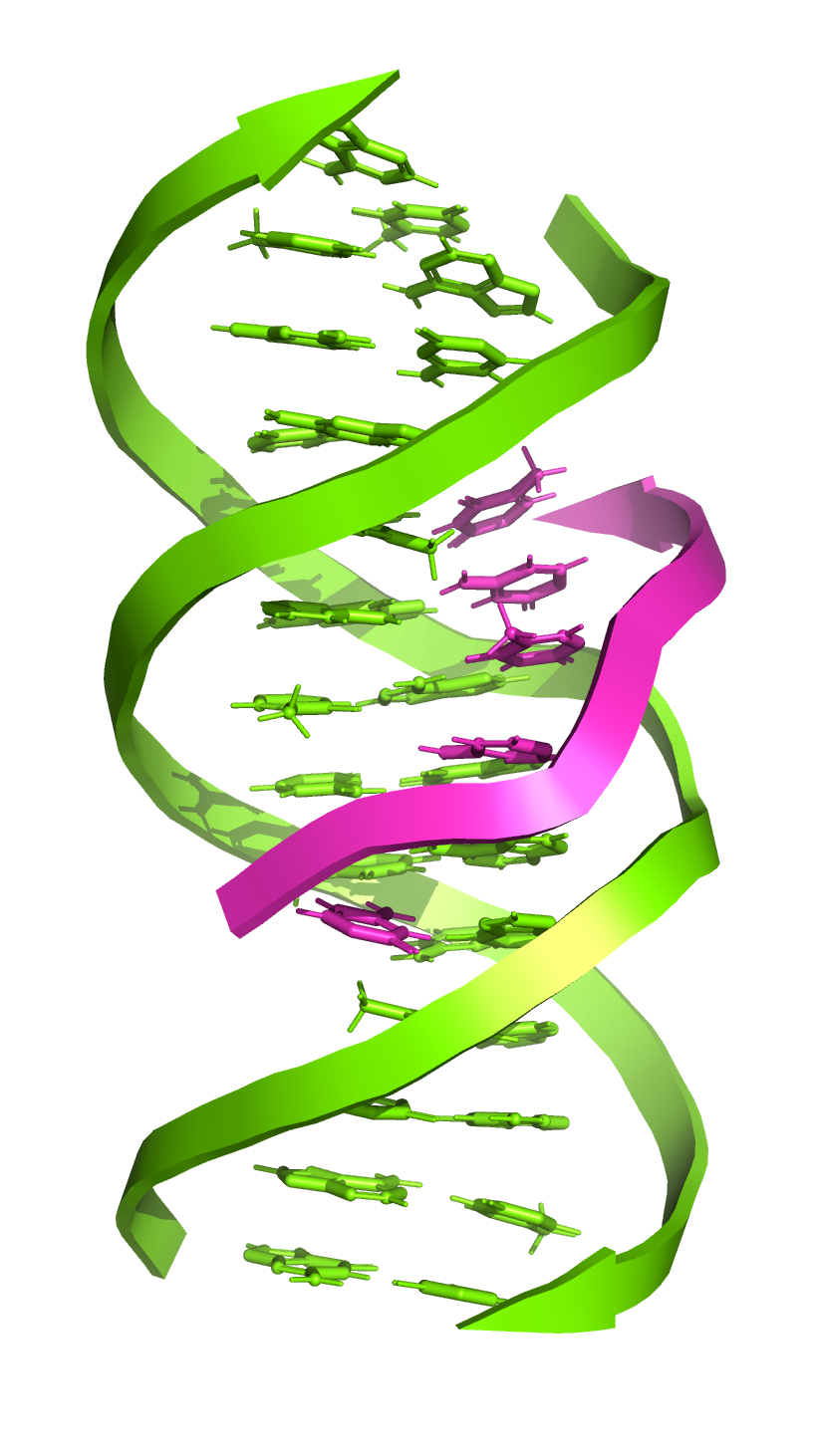Investigating & exploiting triplex DNA structures in gene regulation

Variations from the classic DNA double helix structure are proposed to play key roles in a range of cellular processes, particularly gene regulation.
However, the biological function and therapeutic potential of these unusual DNA structures are poorly explored, as new methods are required to investigate the molecular details of their formation and interaction with the cellular machinery.
Our research in this area aims to combine organic chemistry, computational modeling and analytical methods (primarily mass spectrometry) to develop new approaches to study the formation, structural properties and binding interactions of DNA triplex structures.
Based on this research we expect to explore new leads for disruption of DNA triplex structures for treatment of related human diseases.
We also hope to utilise the knowledge gained in understanding these structures to develop selective triplex forming molecules to modulate gene regulation in areas of gene technology. In particular, we are targeting development of antigene antibacterial agents to address the antibacterial resistance problem.
Study honours in biological chemistry
Research in the Pukala laboratories is focused on developing analytical and bioorganic chemistry approaches, primarily utilising mass spectrometry, to provide new insight into the structure, function and interactions of macromolecules important in biology.

Supervisor
Associate Professor Tara Pukala
Research area: Biological chemistry
Recommended honours enrolment: Honours in Chemistry
